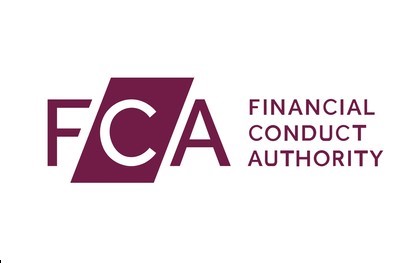UK employers have been urged to ensure that staff who are in net-pay arrangement pension schemes are aware that they could be eligible for extra money from the government, amid concerns that most people will not claim their money.
HMRC previously announced plans to introduce a top-up system for low earners in net-pay arrangements, with around one million individuals in net-pay schemes set to be offered an annual payment of around £70.
Although savers will not need to confirm their entitlement as HMRC will identify and contact eligible individuals based on information already provided, individuals will need to confirm or provide their payment details via a digital service for the payment to be made.
Given this, Hymans Robertson head of DC corporate consulting, Hannah English, stressed the need for employers to "seize this unique opportunity" to give their employees a boost of income without any expense on their balance sheet.
"It’s an easy step for employers who are facing stagnating growth, and an increase in national insurance contributions, to help their staff," she continued.
“Employers are often their staff’s first point of contact for financial advice. This makes them ideally placed to bring this change to the attention of affected employees.
"Staff could easily disregard a letter from HMRC and miss out on the top-up, which would provide additional income during the current cost-of-living crisis."
English also emphasised that whilst this small detail may not sound like it has the potential to move the dial on the gender pay gap, "it could certainly nudge it in the right direction", noting that if all those eligible for these top-ups claim them – three quarters of whom are women – this could see a positive shift in the gender pay discrepancy.
“The power is now in the hands of employers to communicate this to their staff, to ensure that they do not ignore this opportunity to receive a top-up from HMRC," she added.
"This is a simple, easy step employers can make to ensure some of their more vulnerable staff members do not miss out.”
However, Hymans Robertson pointed out that HMRC has signalled its expectation that most people will not claim their money, as whilst it would cost HMRC £84m a year if everyone eligible for these payments claimed them, the actual amount HMRC has budgeted for these payments is around one-eight of that, at £10m for this tax year, and £15m for the following.
English said that this "further compounds the call for employers to communicate the change to their employees".
Some delays to the top-up payments have already been seen, as HMRC recently confirmed that while the top-up payments will still be made for the 2024/25 tax year, these payments are likely to be offered later than planned, in 2026.
However, English told Pensions Age that while the payments to those in net pay arrangements will not be immediate, unlike for those in relief at source, it’s still money that employees could miss out on if they don’t respond to HMRC.
"This is why it’s crucial that employers raise awareness of this change amongst their employees now ahead of the expected payment dates in 2026," she said.
Latest News
-
OBR analysis reveals potential impact of salary sacrifice changes
-
Strong funding levels continue as endgame landscape reshaped by innovation
-
Harwich Haven Authority Pension Fund finalises £45m buy-in with Royal London
-
GAD publishes LGPS gender pension gap reporting guidance
-
DB scheme funding levels continue to improve heading into 2026
-
News in brief - 6 February 2026
Private markets – a growing presence within UK DC
Laura Blows discusses the role of private market investment within DC schemes with Aviva Director of Investments, Maiyuresh Rajah
The DB pension landscape
Pensions Age speaks to BlackRock managing director and head of its DB relationship management team, Andrew Reid, about the DB pensions landscape
Podcast: From pension pot to flexible income for life

Podcast: Who matters most in pensions?

In the latest Pensions Age podcast, Francesca Fabrizi speaks to Capita Pension Solutions global practice leader & chief revenue officer, Stuart Heatley, about who matters most in pensions and how to best meet their needs
© 2019 Perspective Publishing Privacy & Cookies











Recent Stories